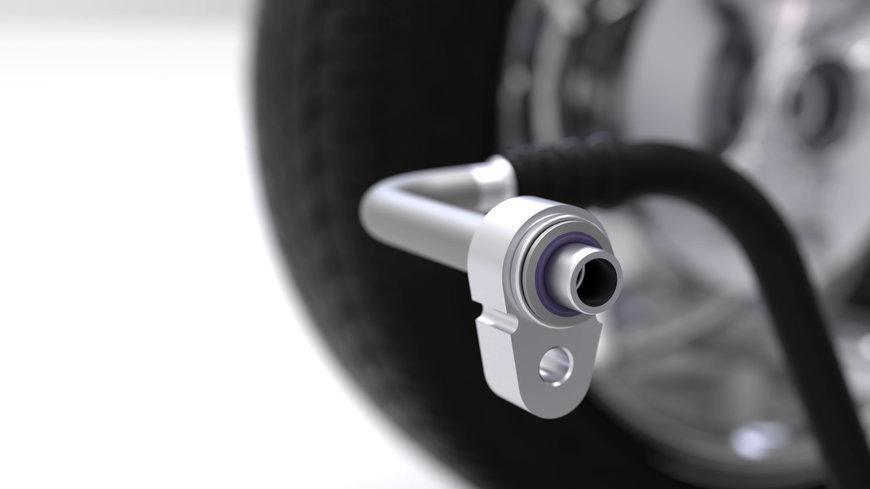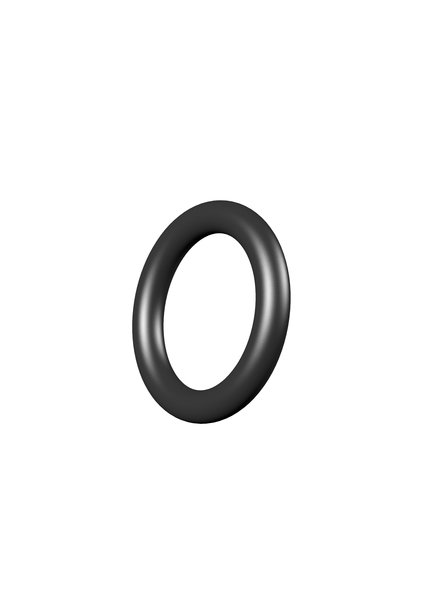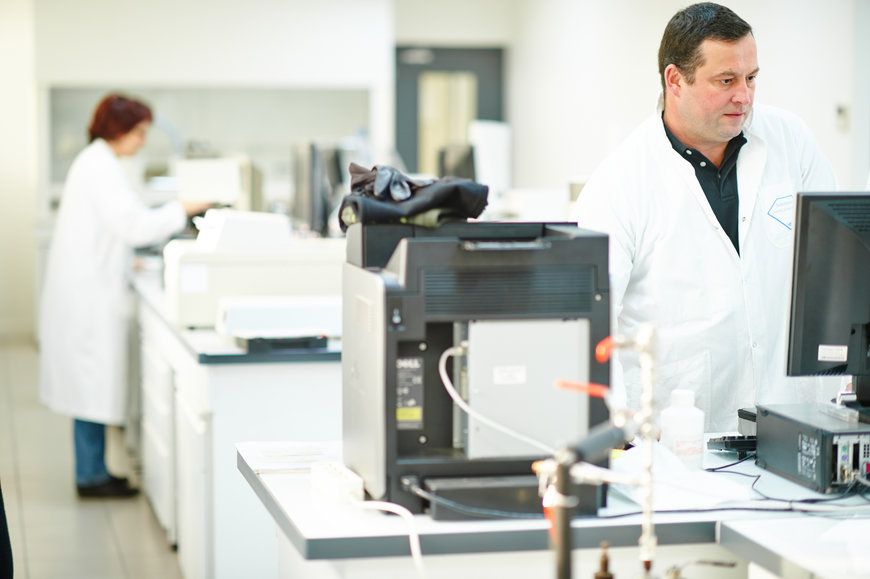www.auto-innovations.net
20
'23
Written on Modified on
Hutchinson
A new elastomer compound for sealing solutions for thermal management of electric and hybrid vehicles using R744 refrigerant
Hutchinson - Precision Sealing Systems has been accompanying developments in the automotive sector for decades by ensuring the safety of circuits through faultless sealing.

To support the transition to electric vehicles, Hutchinson has developed a new elastomer blend for Volkswagen that is adapted to the operating constraints of the R744 refrigerant, which is highly promising for the thermal management of electric and hybrid vehicles, but requires all the circuit components, particularly the sealing parts, to be adapted.
A new EPDM elastomer compound dedicated to R744: 8EP3411
Hutchinson has developed an elastomer compound specially designed to meet the sealing needs of components used for heat pump applications in electric vehicles (valves, compressors, etc.) using the refrigerant R744.

Co-design and validation
The development of this innovative material was made possible thanks to the expertise of the Hutchinson teams in the formulation of elastomer materials and close collaboration with the Volkswagen Group and a major thermal management equipment manufacturer. In addition to laboratory tests, functional validations were carried out with expert appraisal of the parts, confirming the technical solution in the EPDM 8EP3411 blend. Hutchinson sealing solutions made from EPDM 8EP3411 are used in series production on vehicles equipped with the MEB platform, such as ID.3.
Thermal performance
Compared with traditional EPDM materials, this elastomer blend offers enhanced thermal performance with a temperature range from -40 to +165°C, corresponding to the optimum operating temperatures for heat pumps running on R744.
High-pressure resistance
A complete re-engineering of existing solutions enabled us to meet the new specifications. The 80 Shore A hardness makes it suitable for high-pressure applications of up to 130 bar. The seal environment still needs to be designed to limit extrusion play. The development teams are currently working on an elastomer with a hardness of 90 Shore A for the most extreme pressure conditions.
Resistance to Explosive Decompression (RGD - Rapid Gas Decompression)
Resistance to explosive decompression is a critical characteristic for elastomers in order to avoid physical degradation of seals (cracking, crazing, bubbles, etc.). Specific tests were carried out to arrive at the final formulation. 8EP3411 complies with the Norsok M710 standard: Rating 0, confirming the absence of defects after exposure.

The use of R744 refrigerant in electric vehicles
The range of electric vehicles is a major issue for the development of electric vehicles. The range is further reduced by low outside temperatures. Unlike combustion-powered vehicles, there is no source of heat available to keep the battery at an ideal temperature and warm the cabin for passenger comfort. Thermal management therefore plays an essential role in optimising the use of the energy available in the battery.
We currently use electric resistors, which consume a lot of energy, or less energy-intensive automotive heat pump systems using fluorinated refrigerants (R1234yf in Europe). However, the thermodynamic properties of these refrigerants prevent them from operating at temperatures below -10°C.
Fluorinated refrigerant gases also have a high environmental impact. R134a, for example, has a GWP of 1,430 (Global Warming Potential) compared with CO2, which has a GWP of 1. These gases, which include HFCs and HFOs, also generate PFASs and are already subject to regulation for industrial applications (air conditioners, heat pumps, etc.), with the aim of banning them in the coming years.
Automotive manufacturers and equipment suppliers are increasingly interested in a refrigerant that will help them address the issues of vehicle autonomy, the environment and human health. The refrigerant R744 (CO2) is a natural, non-flammable fluid, by definition PFAS-free, with a GWP of 1. Its thermodynamic properties mean that heat pump systems can operate at temperatures below -10°C and improve their coefficient of performance over a certain temperature range. Less energy is needed to heat the battery and the passenger compartment, which increases the range of electric vehicles.
In order to fully perform its refrigeration functions, R744, a 100% natural gas, goes from liquid to gas (heat absorption) and from gas to liquid (heat generation), generating thermodynamic cycles at pressures of up to 130 bars, much higher than traditional fluids, in order to maintain its critical point at 31°C.

Château Gontier: ©Xavier Granet
A solution for the future
Already used in heat pump systems on buses and trains, and in industrial air conditioning systems such as supermarket refrigeration systems, environmental and now legislative constraints are likely to increase the use of R744 more widely in industrial applications such as residential heat pumps.
The planned end to the marketing of internal combustion engine vehicles in Europe in 2035, combined with environmental issues (PFAS, GWP, etc.), also make R744 a serious option for becoming the standard refrigerant for automotive applications in Europe.
www.oring.hutchinson.fr

